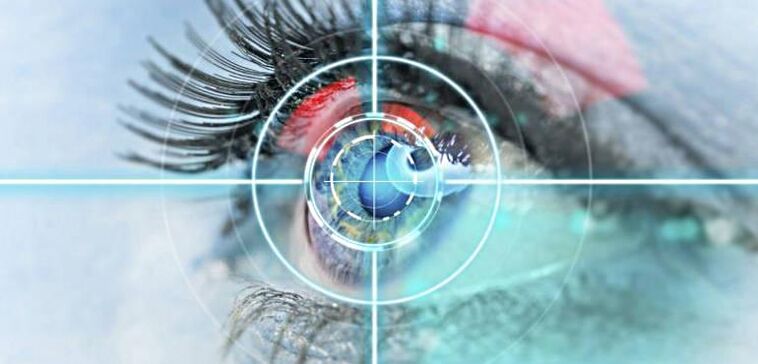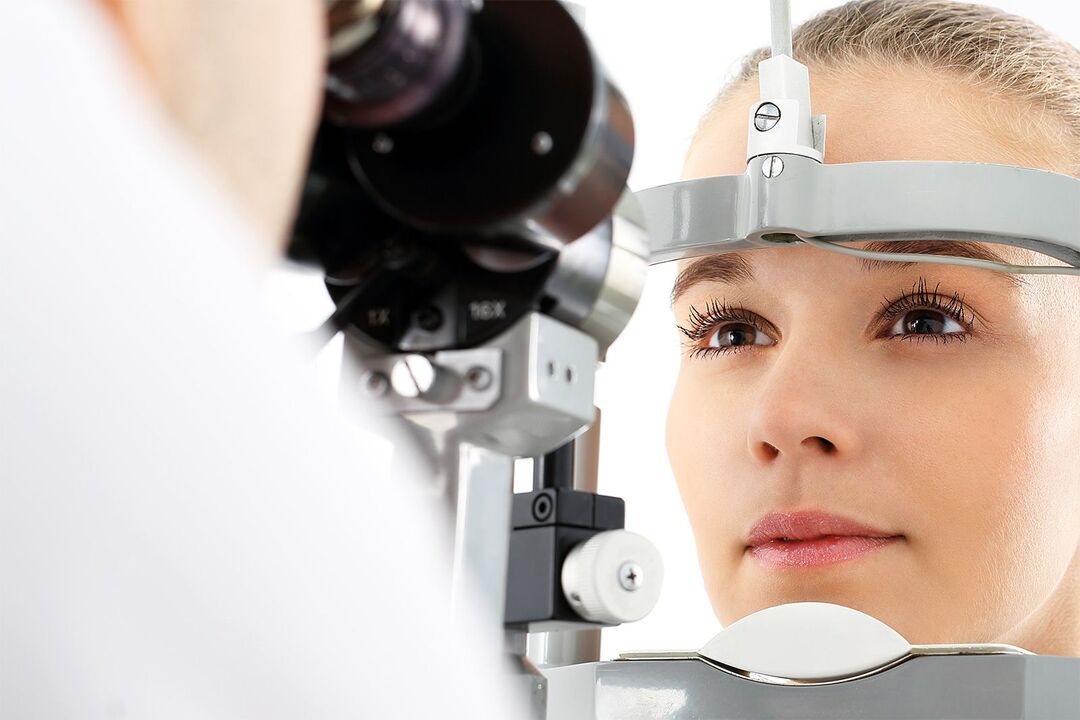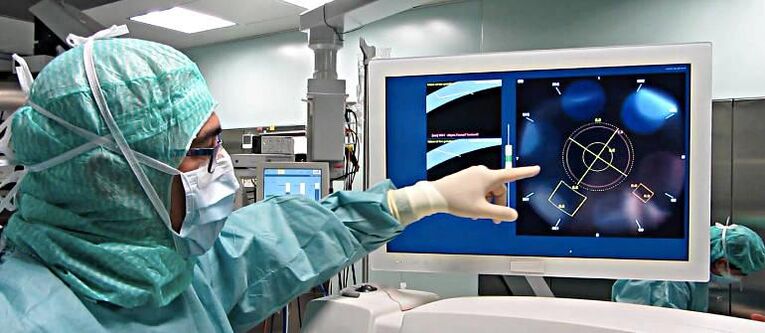
Why does vision decrease?
Why is laser vision correction needed?
If you choose the right contact lenses, you will undoubtedly reduce the discomfort caused. For example, the lenses don’t fog up, put no pressure on the bridge of your nose, and are comfortable to wear during active activities. However, when using any lens, even the most modern ones, the concentration of oxygen in the corneal cells decreases. As a result, underlying blood vessels begin to grow into the cornea, and over time, dry eye syndrome may develop. In most cases, the eyes will undergo irreversible changes 5 to 10 years after starting to use contact lenses. Thereafter, patients often have to switch to glasses or find other alternatives.

Preparation for laser vision correction surgery
- Visual acuity, the measurement of visual acuity;
- Barometer, used to determine intraocular pressure;
- Pachymetry, which measures the thickness of the cornea;
- Automatic refraction, automatically determines the diopter of the eye;
- Echo biometry required to measure eye length;
- Visual field measurement, which determines the boundaries of the visual field;
- The Schrimer test is necessary to assess tear production;
- Computer topographic analysis of the cornea, a modern method of elucidating corneal structure;
- Examine the fundus structure after initial maximum mydriasis using drops.
How is laser vision correction performed?
After doctors use an excimer laser to correct the shape of the cornea, the light from the image converges on a point that lies strictly within the plane of the retina. All methods used in modern medicine are very safe, accurate and provide high vision.
The laser vision correction procedure itself lasts about 10-15 minutes on average. Local anesthesia is used during the procedure, and special eye drops are used. This allows you to minimize pain during and after surgery. After the surgery is completed, the patient is observed in the clinic for about an hour and a half. The patient is then sent home with all the advice given. It is important to note that laser vision correction surgery has virtually no impact on the patient's pace of life, meaning there are minimal restrictions during the postoperative period.
Benefits of Excimer Laser Vision Restoration
- reliability of results;
- painless;
- Execution speed (no more than a quarter of an hour);
- Safety;
- Procedures are performed on an outpatient basis;
- wide range of possibilities;
- Short recovery period;
- Results are predictable, predictable, and highly accurate;
- No cuts or seams;
- simplicity and accessibility;
- No additional testing is required;
- Highly efficient and effective for life.

Contraindications for laser vision restoration
- Progressive myopia due to refractive instability;
- Acute inflammatory changes in the eye itself and other body systems;
- Pregnant;
- Lactation;
- Fundus changes, including ruptures and dystrophic changes;
- The degenerative process of corneal cells.
- thin cornea;
- glaucoma;
- Lens subluxation;
- retinal detachment;
- cataract;
- decompensated diabetes;
- Previous retinal detachment surgery was performed.























